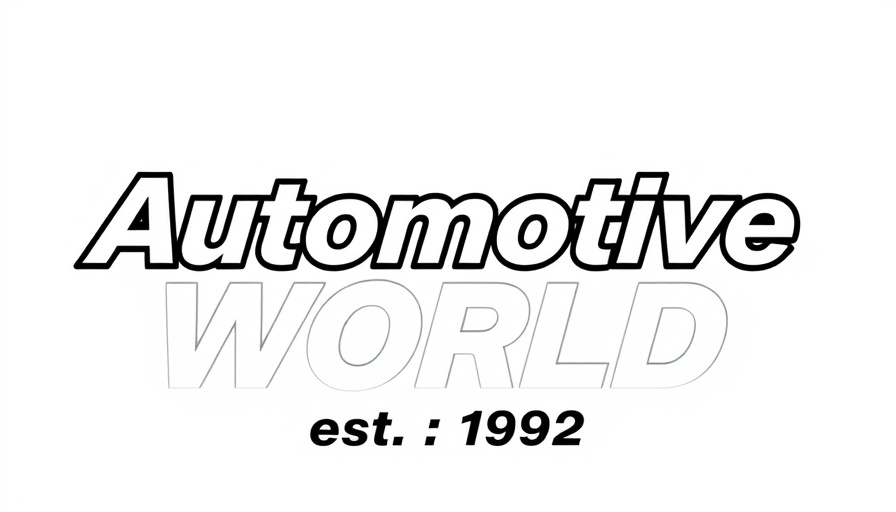
Sébastien Jacquet Takes the Helm as Chief Quality Officer at Stellantis
In a pivotal move today, Stellantis N.V. announced that Sébastien Jacquet will step into the role of Chief Quality Officer, following the transition of Antonio Filosa to the position of Chief Executive Officer. This strategic appointment marks a significant shift in leadership for the automaker known for its innovative approach in the automotive industry.
Jacquet's Impressive Background in Automotive Excellence
Sébastien Jacquet brings nearly 25 years of vast experience in the automotive sector, having held various significant roles including that of Deputy Chief Engineering and Technology Officer. His prior responsibilities also encompassed the Head of Cross Car Line and Project Engineering, showcasing a broad skill set that encompasses engineering, technology application, and quality assurance. Jacquet's recent landmark achievement as a driving force behind the launch of Stellantis' first multi-energy platform, STLA Medium, highlights his deep understanding of the evolving automotive landscape. This platform is critical as car manufacturers pivot toward sustainable energy solutions to align with global environmental goals.
The Importance of Quality Leadership in Automotive Sales and Services
Jacquet's new role is set against a backdrop of increasing consumer demand for high-quality automotive products and unyielding competition in the car sales market. The transition to more complex vehicle systems and the introduction of electric vehicles necessitate strict quality control measures. For dealership owners and general managers, Jacquet’s emphasis on quality could result in improved customer satisfaction, directly affecting sales performance and brand reputation. Training programs that emphasize quality assurance and sales tactics will be crucial for dealers aiming to amplify their success.
Future Implications for Automotive Dealerships
As Stellantis shifts its focus under Jacquet's guidance, dealership owners and sales staff will need to adapt their sales training strategies. The potential for enhanced product quality means that sales teams can leverage this to reassure consumers, creating trust and engaging with customers on a deeper level. Effective auto salesman training programs that include quality parameters can yield better results, transforming client interactions into long-term relationships.
Building a Future-Focused Strategy
The automotive industry is at a crossroads, and with Jacquet's expertise in engineering and project management, Stellantis is looking to strengthen its operational capabilities. Dealers can take away several actionable insights from this leadership change, such as:
- Investing in comprehensive training that incorporates quality management principles.
- Enhancing customer engagement tactics that reflect product reliability and innovation.
- Fostering a culture of continuous improvement within sales teams.
By integrating these practices, dealerships can better prepare for the future and ensure they remain competitive in an ever-evolving market.
Understanding Customer Expectations in Quality
As customers become more discerning, the need for quality assurance cannot be overstated. Delighting customers with superior product quality can lead to repeat business and referrals—two key ingredients in long-term success in auto sales. Accordingly, incorporating quality metrics into sales training will provide sales personnel with the tools to address customer queries effectively and create more tailored responses.
In conclusion, with Jacquet at the helm of quality assurance at Stellantis, dealers have an opportunity to embrace a shift that prioritizes quality across their operations. Implementing enhanced auto sales training that focuses on excellence will not only equip sales teams with essential skills but will also align their efforts with Stellantis' direction under a new leadership vision.
 Add Row
Add Row  Add
Add 




Write A Comment